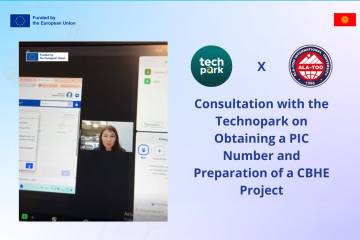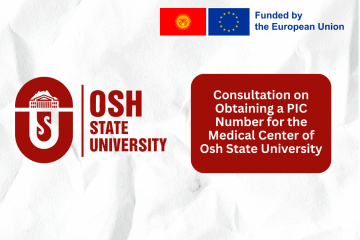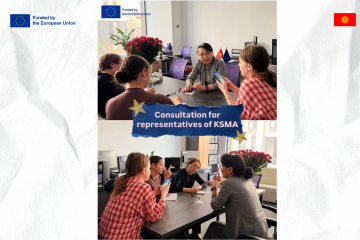The European Parliament’s Sakharov Fellowship offers up to 14 human rights defenders selected from non-EU countries the opportunity to follow a two week intensive training in Brussels and the European Inter-University Centre for Human Rights and Democratisation (EIUC) in Venice.
Under the Sakharov Fellowship training programme human rights defenders will
- enhance their knowledge of EU and international human rights frameworks, policies and mechanisms and
- develop capacities to advocate for and effect positive change to protect human rights.
Beyond the training, Sakharov Fellows will
- help grow the network of Sakharov Fellows to share best practices, disseminate the acquired knowledge and extend awareness of the Sakharov Prize and the Sakharov Prize Network;
- have the opportunity to maintain links with the work of the European Parliament and continue liaising with EU Delegations in their respective countries.
The Brussels programme focuses on EU policies and tools in support of human rights defenders, accessing funding, developing communications skills, and raising awareness of specific security challenges facing human rights defenders. It further includes meetings with Members of Parliament, officials of the EU institutions and Brussels-based NGOs. The Fellows will also have space for individual advocacy and networking activities. A special highlight this year will be meetings with Sakharov Prize laureates, as the presence of the Fellows in Brussels coincides with the 30th anniversary conference of the Sakharov Prize.
In Venice, Fellows will be enrolled in the EIUC’s Venice School of Human Rights which combines academic teaching and sharing the Fellow’s experiences with an international audience of students in human rights. The aim is to develop knowledge of international human rights law, instruments and mechanisms and how to use these to effect change on the ground. Lecturers include prominent academics, representatives of leading human rights NGOs, Sakharov Prize Laureates, and Members of the European Parliament.
Candidates should have a proven record in campaigning for human rights in a NGO or other organisation or in an individual capacity. They must have a high level of English, sufficient to follow and contribute to discussion groups and workshops in Brussels and Venice.
The selection of Fellows is based on the above criteria and the need to ensure gender balance as well as the representation of a variety of geographical areas and human rights issues.
The Fellowship covers return travel from the country of origin, accommodation in Brussels and Venice and a daily living allowance. Deadline: 26 February 2018 at noon Brussels time (CET).


